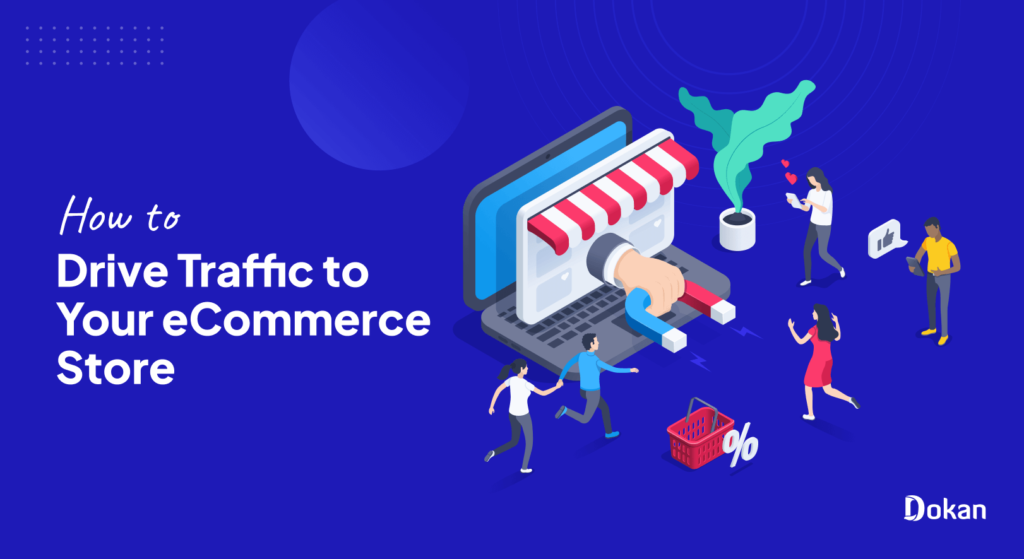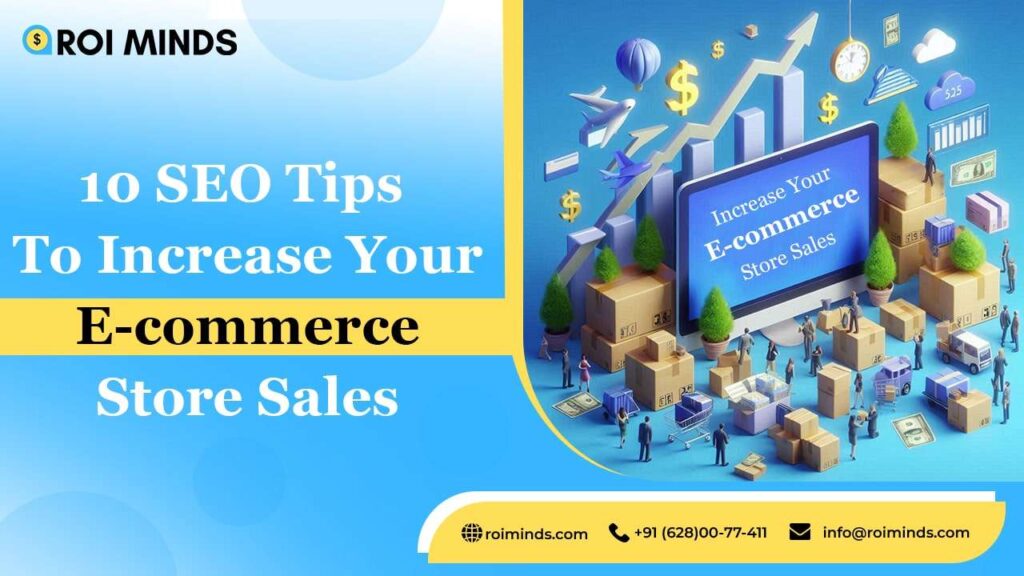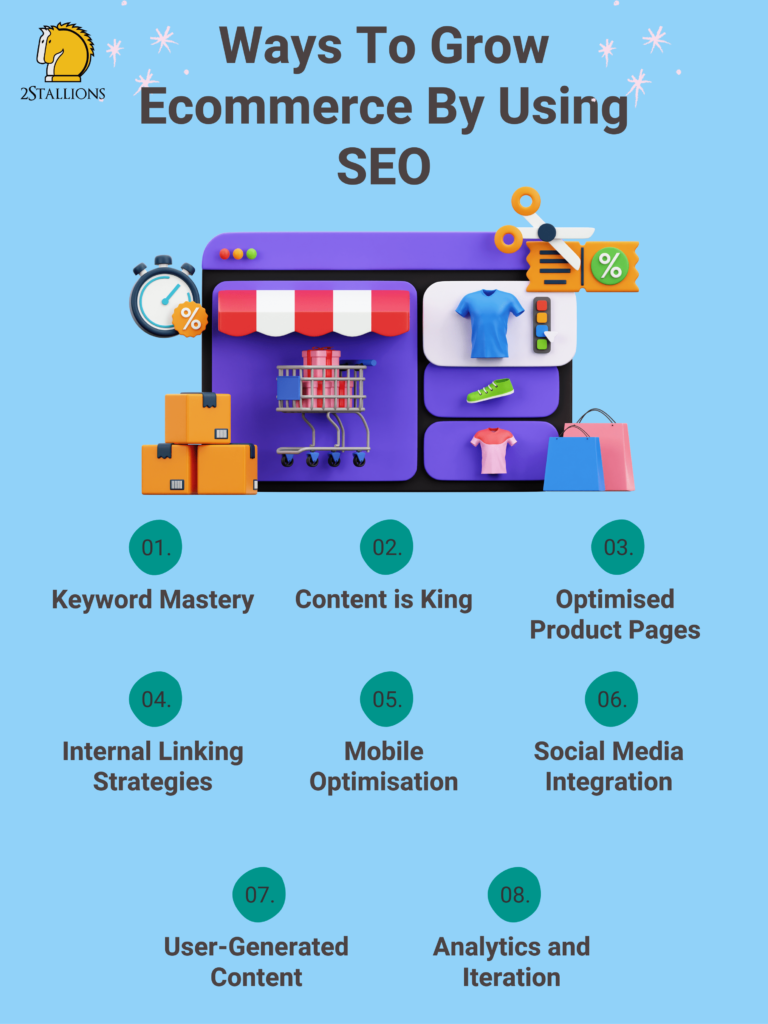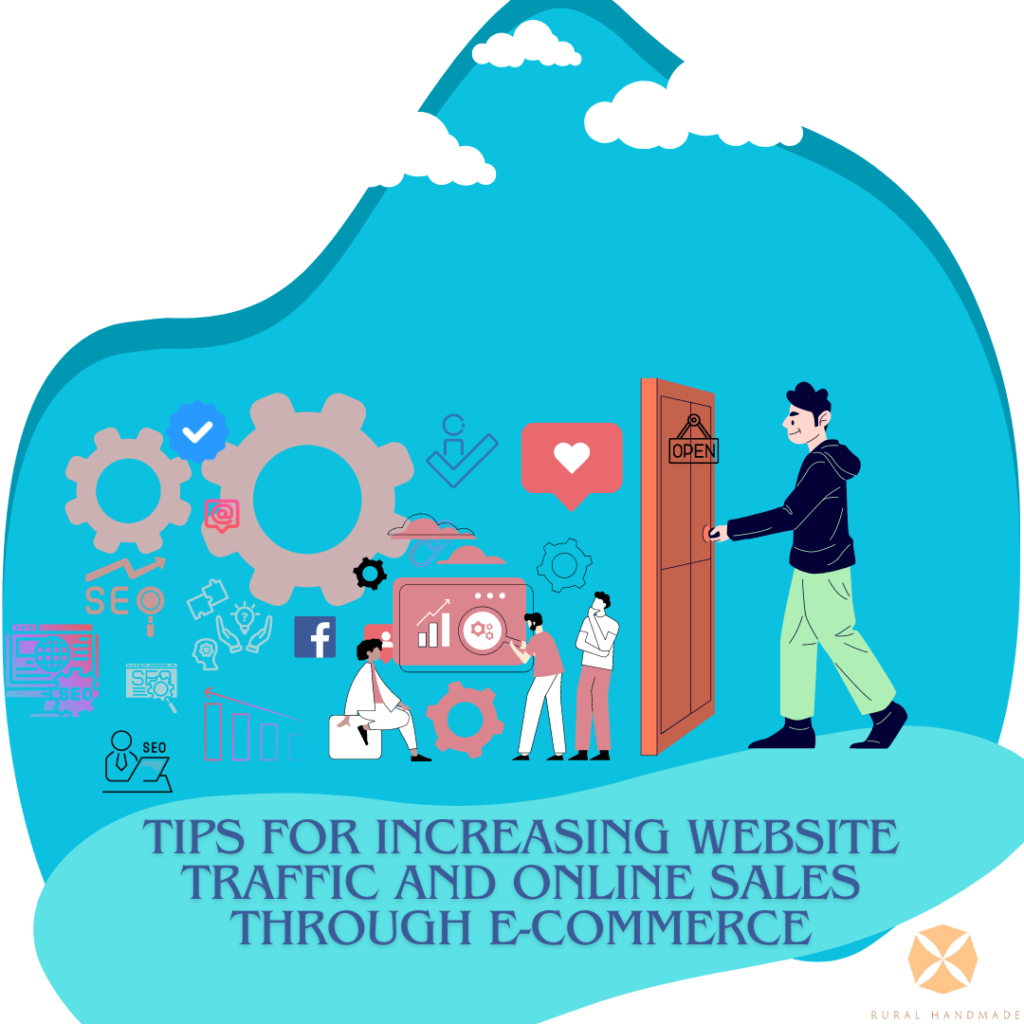Welcome to a comprehensive guide on how to boost traffic to your e-commerce store through effective SEO strategies! In this article, you will find 10 essential tips that will help you optimize your online store and attract more potential customers. From keyword research to link building, we will explore various tactics that can positively impact your search engine rankings and increase visibility. By implementing these SEO tips, you can drive more traffic to your e-commerce website and ultimately improve your sales and revenue. Let’s dive in and start optimizing your online store today! Are you struggling to drive traffic to your e-commerce store? Don’t worry, you’re not alone. In this article, we will provide you with 10 essential SEO tips to help increase traffic to your online store. By implementing these tips, you’ll be able to improve your store’s search engine rankings and attract more potential customers. Let’s dive in and take your e-commerce store to the next level!

Understanding SEO Basics
SEO, or Search Engine Optimization, is the process of optimizing your website to improve its visibility in search engine results. By implementing SEO strategies, you can drive organic traffic to your site and increase your chances of reaching potential customers. Understanding the basics of SEO is crucial in order to implement effective strategies for your e-commerce store.
When you’re just starting out, it can be overwhelming to navigate the world of SEO. But don’t worry, we’re here to help! We’ll break down the essentials of SEO for your e-commerce store and provide you with actionable tips to improve your rankings.
What is SEO?
SEO is the process of optimizing your website so that it appears higher in search engine results. This is important because the higher your website ranks, the more visible it will be to potential customers. By optimizing your website for search engines, you can increase your organic traffic and ultimately drive more sales.
Conducting Keyword Research
One of the most important aspects of SEO is keyword research. Keywords are the terms or phrases that people type into search engines when looking for products or services. By identifying the right keywords for your e-commerce store, you can attract more targeted traffic and improve your search engine rankings.
When conducting keyword research, it’s important to consider both short-tail and long-tail keywords. Short-tail keywords are broad terms that are usually one or two words long, while long-tail keywords are more specific and targeted phrases. By targeting a mix of both types of keywords, you can reach a wider audience and drive more traffic to your e-commerce store.
How to Conduct Keyword Research
There are several tools available to help you conduct keyword research for your e-commerce store. One popular tool is Google’s Keyword Planner, which provides valuable insights into search volume, competition, and potential keyword ideas. You can also use tools like SEMrush or Ahrefs to analyze your competitors’ keywords and identify opportunities for your own store.
When conducting keyword research, it’s important to consider factors like search volume, competition, and relevance to your products or services. By identifying high-value keywords that are relevant to your e-commerce store, you can optimize your website for better search engine rankings.
Optimizing Your On-Page SEO
On-page SEO refers to the optimization of individual web pages on your website to improve their search engine rankings. By optimizing your on-page SEO, you can make it easier for search engines to crawl and index your site, which can lead to higher rankings and increased visibility.
There are several key elements of on-page SEO that you should focus on, including optimizing your title tags, meta descriptions, headings, and URLs. By optimizing these elements for relevant keywords, you can improve your website’s search engine rankings and attract more organic traffic.
How to Optimize Your On-Page SEO
-
Title Tags: Your title tags should accurately describe the content of your page and include relevant keywords. Keep your title tags concise and compelling to attract more clicks from search engine users.
-
Meta Descriptions: Meta descriptions provide a brief summary of your page’s content and give users a preview of what to expect. Include relevant keywords in your meta descriptions to improve your search engine rankings.
-
Headings: Use headings (H1, H2, H3, etc.) to break up your content and make it easier for users to read. Include keywords in your headings to optimize your on-page SEO and improve your rankings.
-
URLs: Optimize your URLs by including relevant keywords and keeping them short and descriptive. Clean URLs are not only more user-friendly but also help search engines understand the content of your pages.
By optimizing these key elements of your on-page SEO, you can improve your website’s visibility in search engine results and attract more targeted traffic to your e-commerce store.
Creating High-Quality Content
Content is king when it comes to SEO. By creating high-quality, engaging content for your e-commerce store, you can attract more visitors, improve your search engine rankings, and establish your brand as an authority in your industry. High-quality content also encourages visitors to spend more time on your website, which can lead to increased sales and conversions.
When creating content for your e-commerce store, it’s important to focus on relevance, quality, and value. Your content should be informative, engaging, and optimized for relevant keywords. By providing valuable information to your visitors, you can build trust with your audience and encourage them to return to your website for future purchases.
Tips for Creating High-Quality Content
-
Research: Conduct thorough research on your industry, target audience, and competitors to identify relevant topics and keywords for your content.
-
Write Compelling Headlines: Your headlines should be engaging and informative, enticing visitors to click through and read your content.
-
Use Visuals: Incorporate images, videos, and infographics into your content to make it more engaging and shareable.
-
Optimize for SEO: Optimize your content for relevant keywords, headings, and metadata to improve your search engine rankings.
By creating high-quality content for your e-commerce store, you can attract more traffic, improve your search engine rankings, and establish your brand as an authority in your industry.

Building High-Quality Backlinks
Backlinks are links from other websites that direct traffic to your site. Building high-quality backlinks is an important aspect of SEO, as they can improve your website’s authority, credibility, and search engine rankings. By acquiring backlinks from reputable websites, you can increase your website’s visibility in search engine results and attract more organic traffic.
When building backlinks for your e-commerce store, it’s important to focus on quality over quantity. High-quality backlinks from authoritative websites can have a greater impact on your search engine rankings than a large number of low-quality backlinks. By earning backlinks from reputable sources, you can improve your website’s credibility and authority in your industry.
How to Build High-Quality Backlinks
-
Guest Blogging: Write high-quality guest posts for reputable websites in your industry and include a link back to your e-commerce store.
-
Broken Link Building: Identify broken links on other websites and offer to replace them with links to relevant content on your website.
-
Social Media: Share your content on social media platforms to attract more visitors and encourage them to link back to your website.
-
Influencer Outreach: Collaborate with influencers in your industry to gain exposure and earn backlinks from their websites.
By building high-quality backlinks for your e-commerce store, you can improve your website’s authority, credibility, and search engine rankings, ultimately driving more traffic to your online store.
Optimizing Your Website for Mobile
With the rise of mobile users, it’s crucial to optimize your e-commerce store for mobile devices. Mobile optimization refers to the process of designing your website to be mobile-friendly, making it easier for users to navigate, browse, and make purchases on their smartphones and tablets. By optimizing your website for mobile, you can improve the user experience, increase engagement, and attract more mobile traffic to your e-commerce store.
When optimizing your website for mobile, it’s important to consider factors like responsive design, mobile site speed, and mobile-friendly content. Your website should adapt to different screen sizes, load quickly on mobile devices, and provide a seamless browsing experience for mobile users. By ensuring that your website is mobile-friendly, you can improve your search engine rankings and attract more traffic from mobile users.
How to Optimize Your Website for Mobile
-
Responsive Design: Use a responsive design that adapts to different screen sizes and devices, providing a seamless user experience on all devices.
-
Mobile Site Speed: Optimize your website’s loading speed for mobile devices by compressing images, minifying code, and reducing server response time.
-
Mobile-Friendly Content: Create mobile-friendly content that is easy to read, navigate, and interact with on mobile devices.
-
Mobile-Friendly Features: Consider implementing mobile-friendly features like tap-to-call buttons, easy navigation menus, and simplified checkout processes.
By optimizing your website for mobile, you can improve the user experience, increase engagement, and attract more mobile traffic to your e-commerce store, ultimately driving more sales and conversions.
Monitoring Your SEO Performance
Monitoring your SEO performance is crucial in order to track your progress, identify areas for improvement, and make informed decisions for your e-commerce store. By monitoring key metrics like organic traffic, keyword rankings, backlink profile, and conversion rates, you can measure the effectiveness of your SEO strategies and optimize your website for better results.
There are several tools available to help you monitor your SEO performance, including Google Analytics, Google Search Console, SEMrush, and Ahrefs. These tools provide valuable insights into your website’s performance, including traffic sources, keyword rankings, backlink profiles, and user behavior. By analyzing this data, you can make data-driven decisions to improve your SEO strategies and drive more traffic to your e-commerce store.
How to Monitor Your SEO Performance
-
Use Google Analytics: Monitor key metrics like organic traffic, bounce rate, conversion rate, and user behavior to track your website’s performance.
-
Google Search Console: Monitor your website’s visibility in Google’s search results, identify crawl errors, and optimize your website for better rankings.
-
Third-Party Tools: Use tools like SEMrush and Ahrefs to track your keyword rankings, backlink profile, and competitive landscape.
-
Set Goals and KPIs: Establish goals and key performance indicators (KPIs) to track the success of your SEO strategies and monitor your progress over time.
By monitoring your SEO performance, you can track your progress, identify areas for improvement, and make informed decisions to optimize your website for better search engine rankings and increased traffic.
Conclusion
Driving traffic to your e-commerce store is essential for attracting potential customers and increasing your sales. By implementing these 10 essential SEO tips, you can improve your website’s search engine rankings, increase your visibility, and attract more targeted traffic to your online store. From conducting keyword research to building high-quality backlinks, optimizing your website for mobile, and monitoring your SEO performance, these strategies can help take your e-commerce store to the next level. Start implementing these tips today and watch as your traffic and sales grow!



